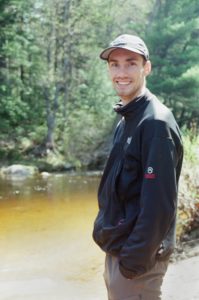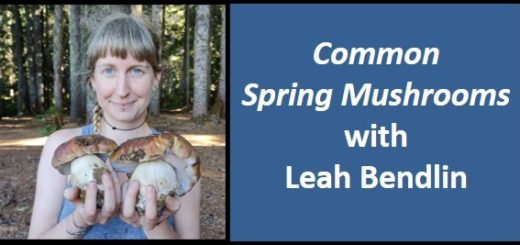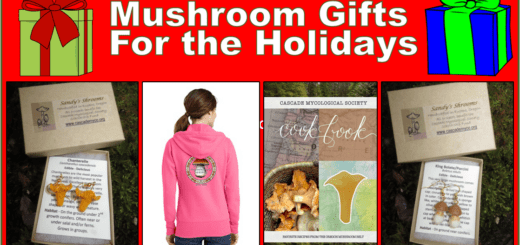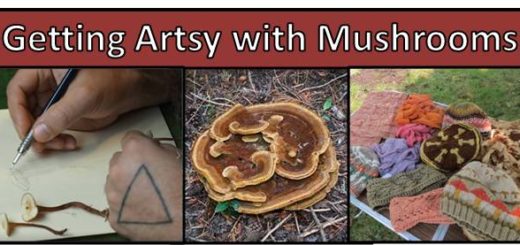Truffles: The Mycorrhizal Hitchhiker
- When:Wednesday, December 7, 2016 from 7:00pm to 9:00pm
- Where: Amazon Community Center, 2700 Hilyard St, Eugene, Oregon 97405
Ryan Stephens of the University of New Hampshire will talk about truffle diversity in the Northeast and the mechanisms by which these subterranean fungi disperse. Most tree species require mycorrhizal fungi for growth and establishment, and these fungi disperse to new areas by producing spores within mushrooms or truffles. Unlike mushrooms, truffles have lost the ability to disperse their spores through the air and require mycophagist animals for dispersal. Primary among dispersers are small mammals which often consume truffles as a major food source. Thus, this mutualistic interaction between truffles and small mammals is extremely important in forest ecosystems.
About the Speaker: Ryan received his undergraduate and master’s degree from Stevens Point, Wisconsin where he studied small mammal community ecology, and is currently a PhD candidate working in Dr. Rebecca Rowe’s lab at

Ryan Stephens
UNH. Upon starting field work for his PhD, investigating community ecology of small mammals in the White Mountains of New Hampshire, he realized that truffles were a major food source for small mammals. After a field survey, he and a crew of undergraduates discovered a number of new truffle species and found that truffles are extremely abundant in the Northeast. Ryan’s work investigates the factors that contribute to truffle production in the Northeast and the small mammals that disperse their spores.
The talk is free and open to the public. There will be a mushroom identification session prior to the speaker. Bring what’s in your basket, edible or not, and learn from the experienced members of our community.





